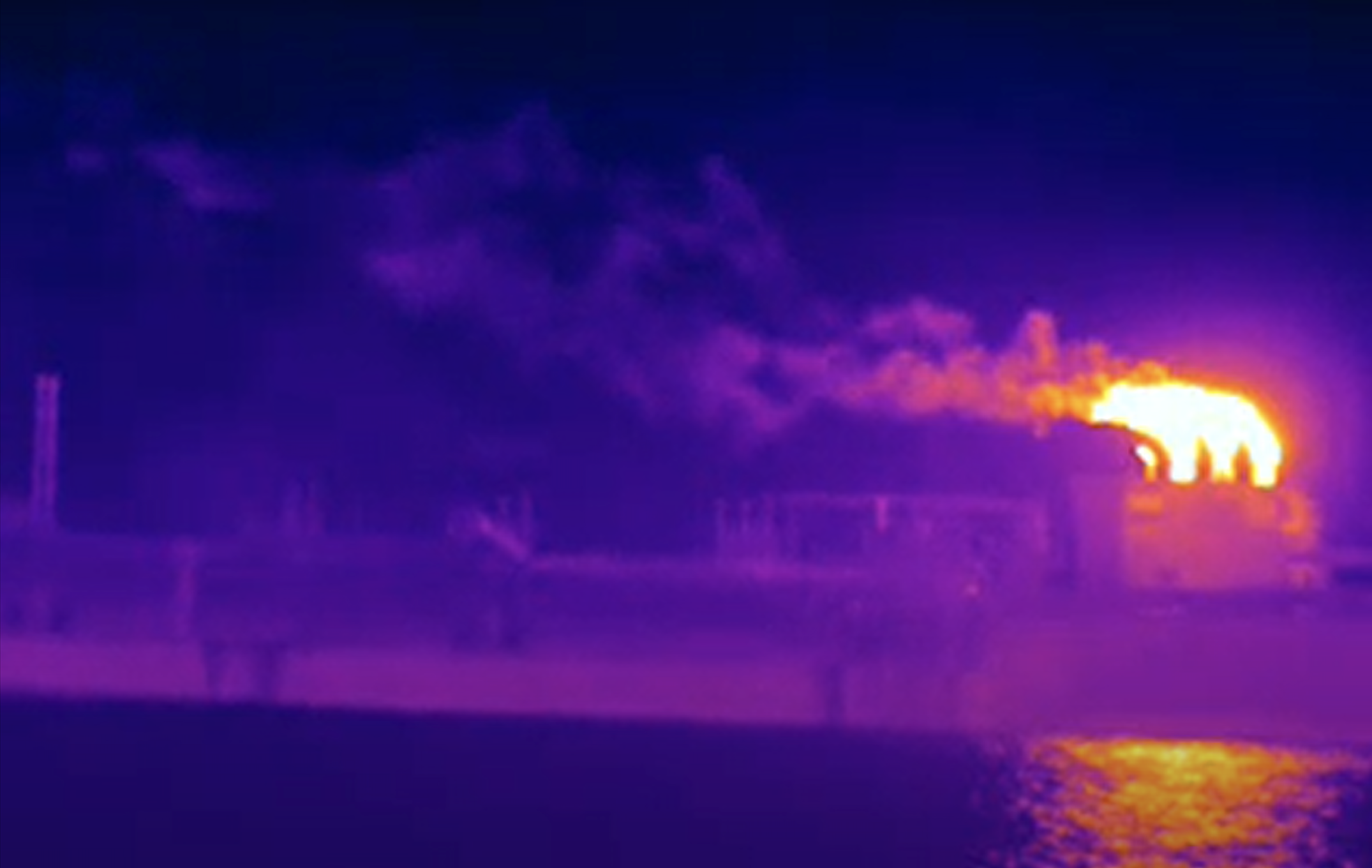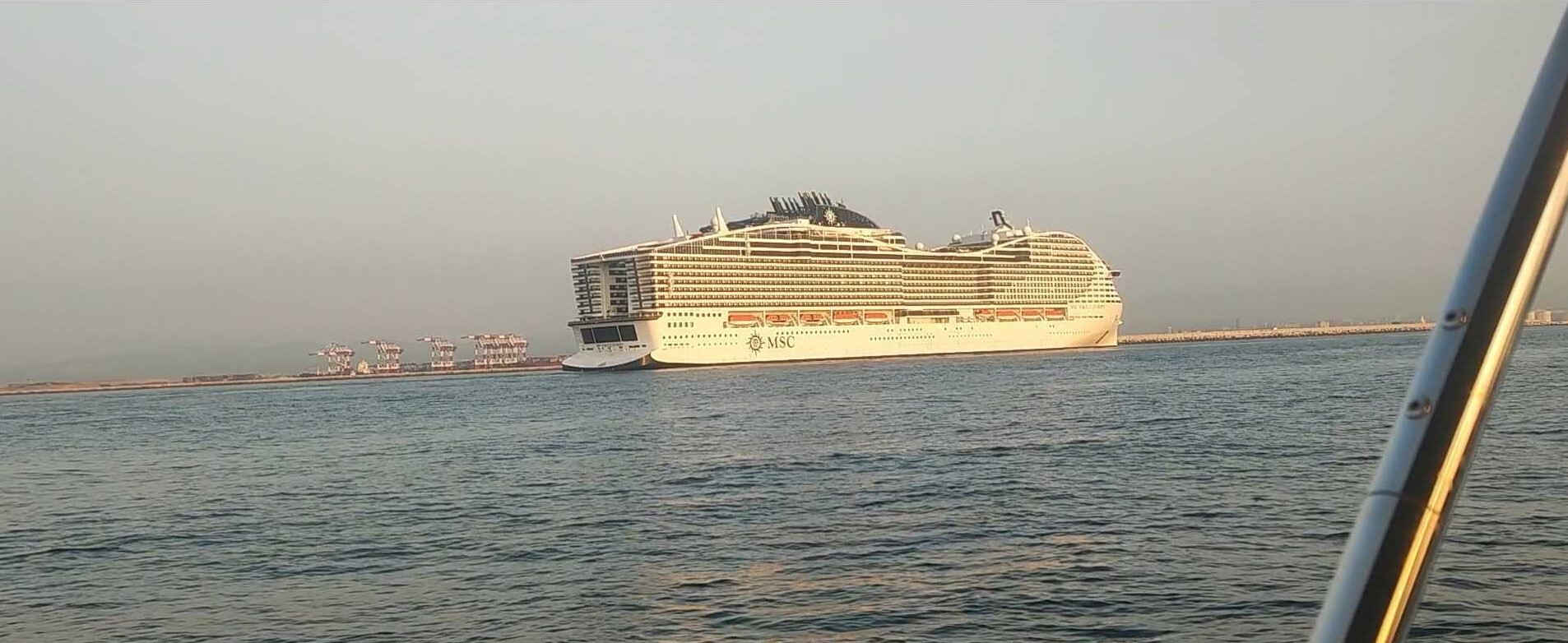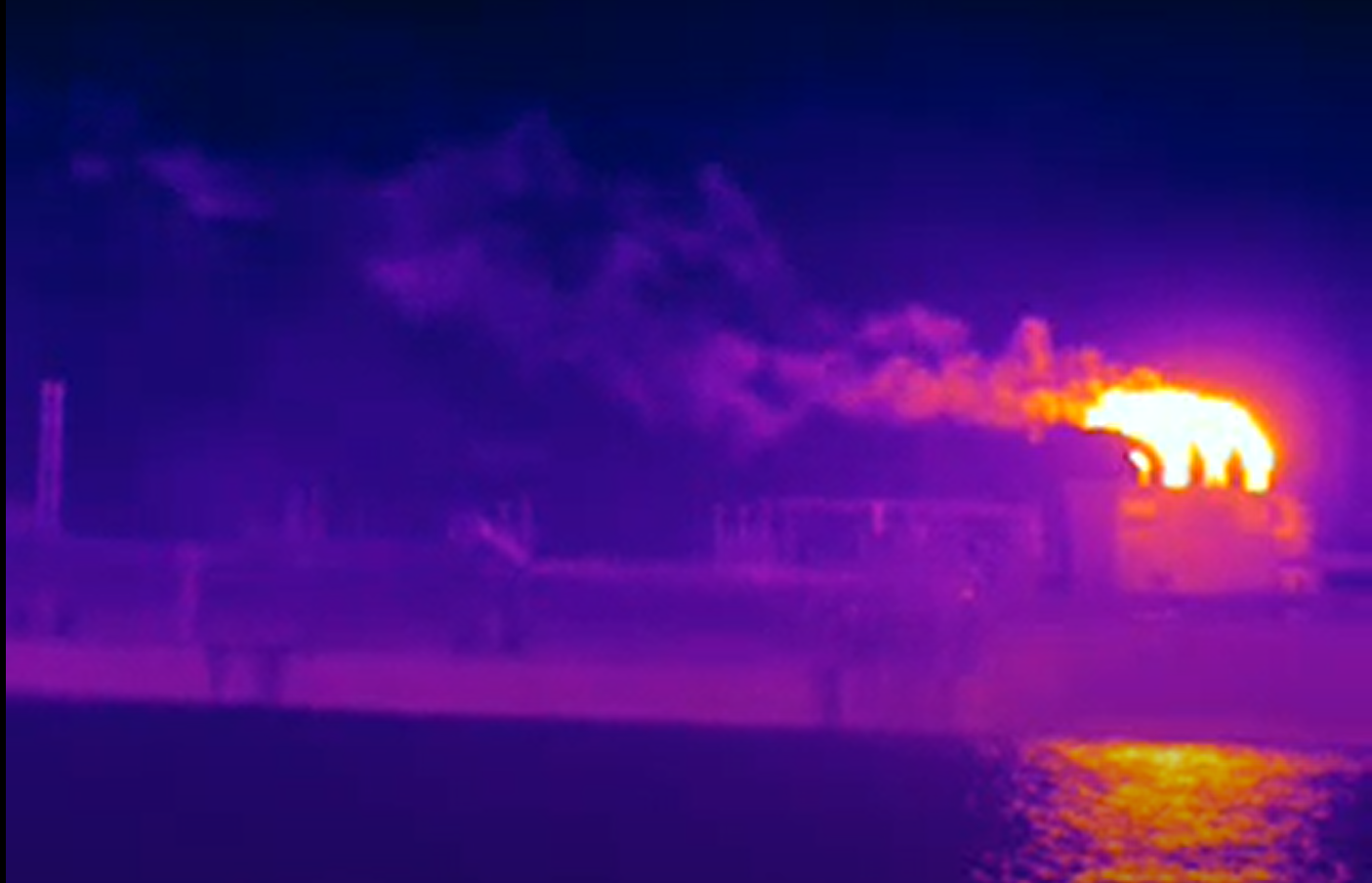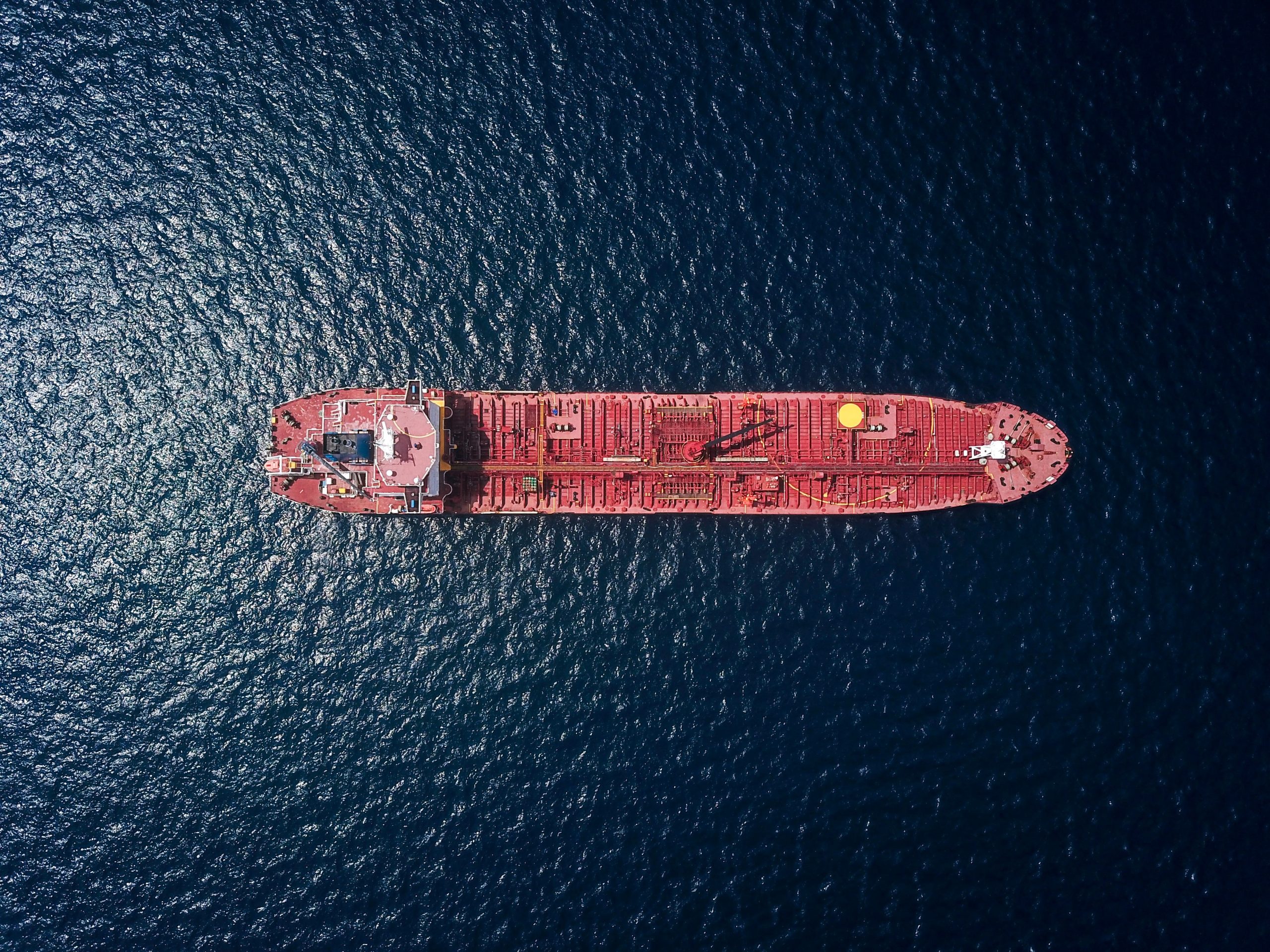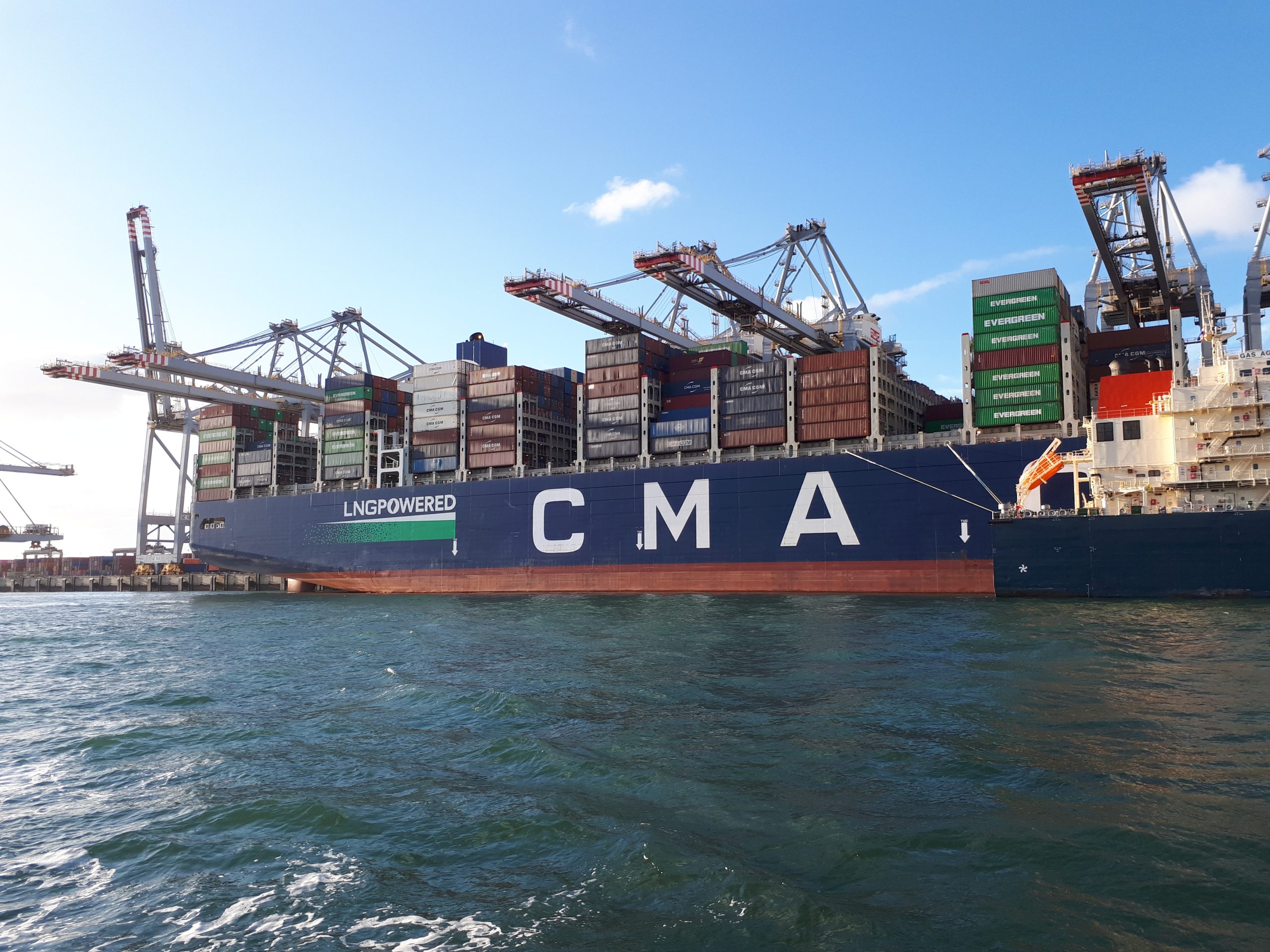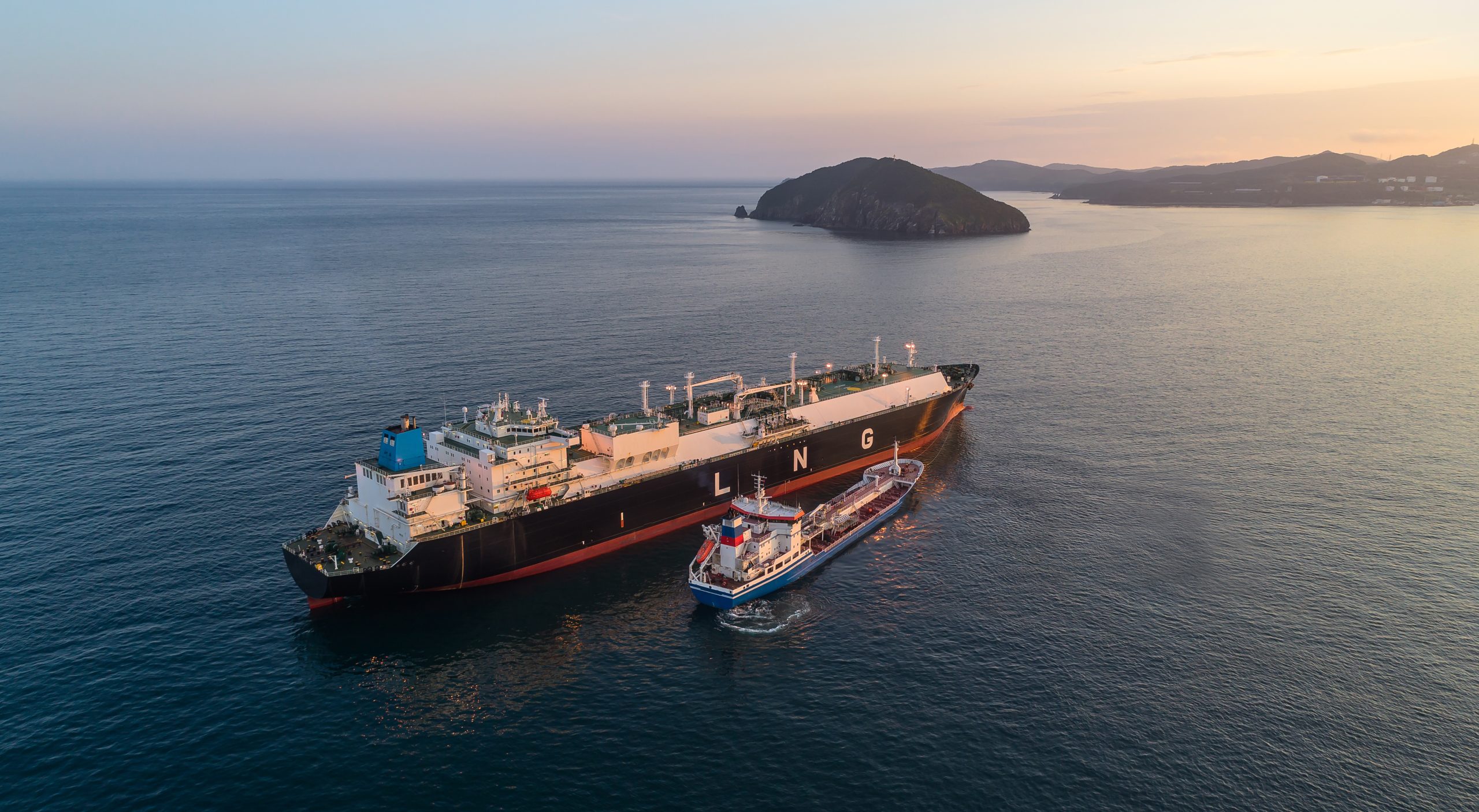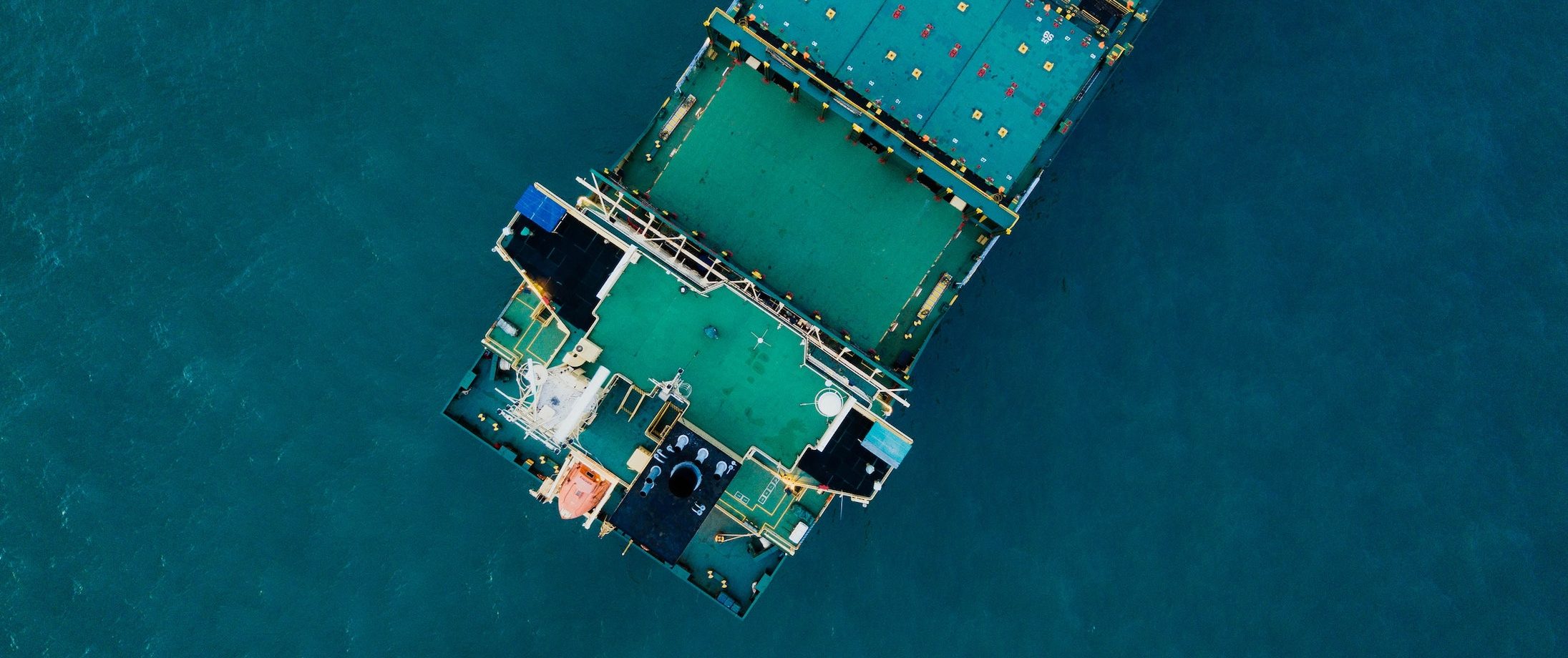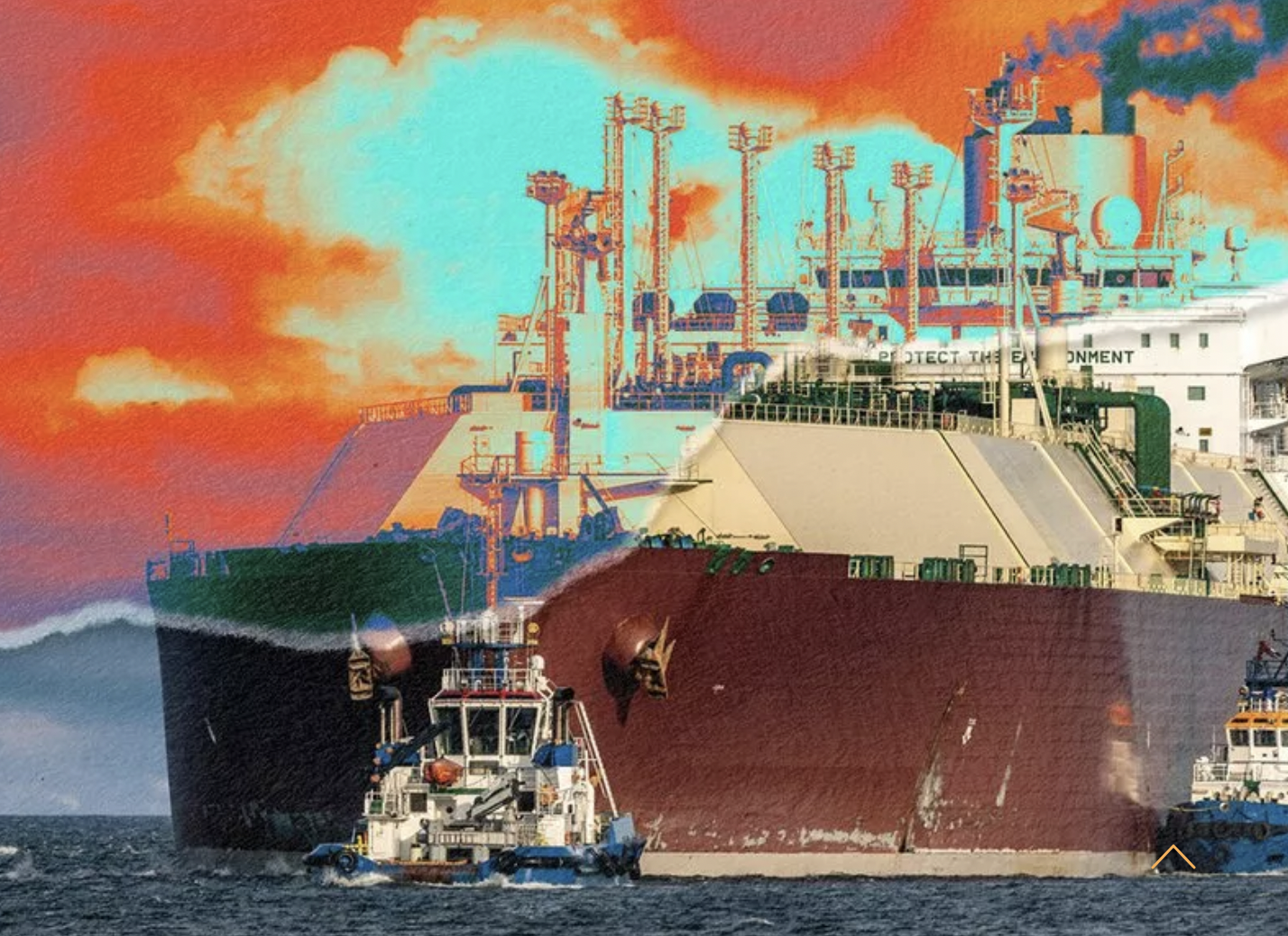What’s the problem?
Shipowners that use LNG instead of traditional marine fuels want the public and policymakers to believe that gas is the “best option available today”, because of lower air pollutants and CO2 emissions. But using LNG brings new – and often worse – climate problems, making it a terrible choice for the future.
LNG is primarily made up of methane, a greenhouse gas 80 times more potent than CO2 in the short term and 30 times worse in the long term. Methane leaks into the atmosphere throughout the LNG production and supply chain and slips directly from the ship’s funnels*, contributing to climate warming at a significant pace.
The number of LNG-powered ships is increasing at an unprecedented scale and by 2030, a quarter of the energy used by European ships could come from fossil gas.
Choosing LNG as a marine fuel goes against the Global Methane Pledge that aims to reduce methane emissions by 30% by 2030 (compared to methane emissions level in 2020), and is against advice from institutions such as the World Bank.
* The amount of methane that slips from the ship’s engine engine varies depending on the engine type. Four-stroke engines tend to slip more methane that two-stroke engines for example. For more details, please refer to the briefing “Fossil gas: the greenwashing pill shipping wants you to swallow”
T&E’s methane investigation
A major problem is that across the gas supply chain, uncombusted methane leaks and slips into the atmosphere and it is warming the planet faster.
In a first investigation of its kind, T&E, with support from hydrocarbon experts, set out for sea to investigate methane slips from ships. Using a state of the art infrared camera with a special filter to detect hydrocarbon gases, the T&E team set out on a boat to track down known LNG ships in the port of Rotterdam. The investigation revealed significant amounts of unburned methane being released into the atmosphere with alarming repercussions for the climate.
